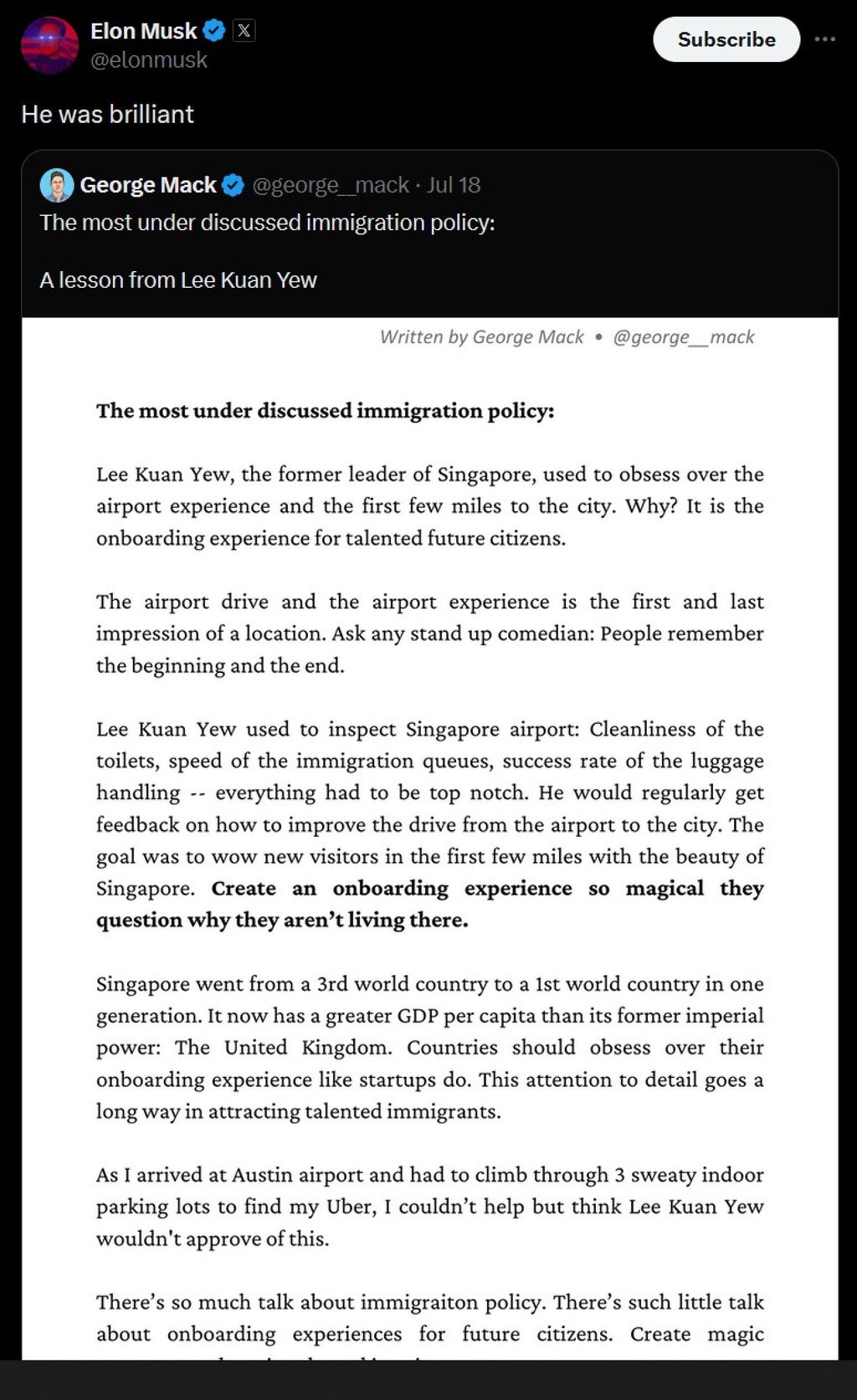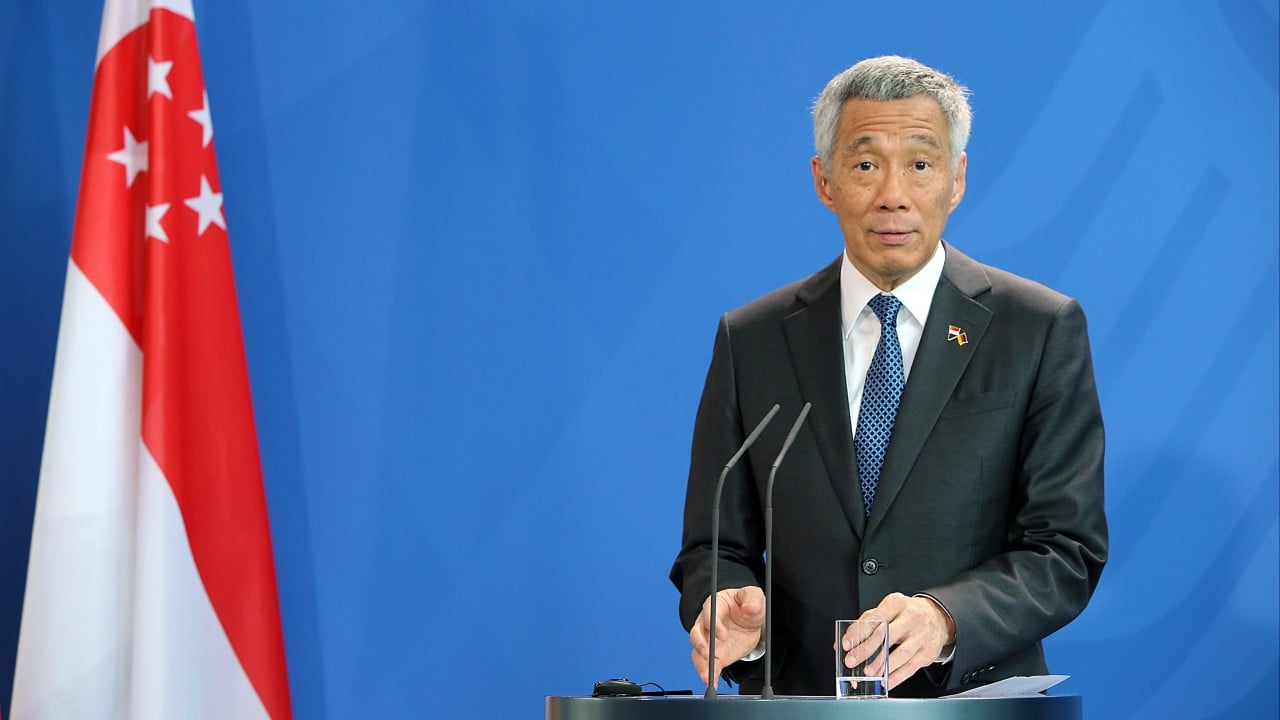Elon Musk, the tech magnate and CEO of Tesla, set off waves of discussion on social media by praising Singapore’s former prime minister Lee Hsien Loong for his views on the “wokeness” movement, describing them as “wisdom”.
It comes almost exactly one month after the billionaire lauded Singapore’s first Prime Minister Lee Kuan Yew as “brilliant” for his foresight and immigration policies.
Musk’s endorsement on X, his social media platform formerly known as Twitter, highlighted Lee’s critique of woke culture, which he discussed during a May TV interview just days before handing over the reins to his successor, Lawrence Wong.
“In the West, they have a movement called wokeness, where you are super sensitive about other people’s issues, and you become hypersensitive when other people somehow or others say things or mention things or refer to you, without the respect which you or your super subgroup feel you are entitled to,” Lee told reporters.
He warned that this movement leads to “extreme attitudes and social norms” in academic institutions, citing examples such as the practice of preferred gender pronouns and safe spaces, which refers to designated places where marginalised communities are protected from discrimination, harassment or exclusion.
“Life becomes very burdensome, and I do not think we want to go in that direction. It does not make us a more resilient, cohesive society with a strong sense of solidarity. We must be more robust,” he said.
In less than 12 hours, Musk’s tweet garnered over 13.5 million views and 5,100 comments, most of which expressed support for Lee’s remarks.
“In Singapore, we believe in being respectful and considerate towards others, but we also value common sense and practicality. So, my advice to my American friends would be to take a deep breath, relax, and maybe lighten up a little bit. Life’s too short to be constantly outraged about everything,” wrote one user.
“If you do not like something, do not listen to it, leave. Stop pushing woke on everybody around you,” remarked another.
However, some criticised the post, with one user arguing, “If Elon Musk is on your side, you are on the wrong side”.
The multicultural city state of Singapore has not been immune to polarising views on issues such as LGBTQ rights, with the government considering an anti-cancel culture legislation as a possible response.
During a September 2022 interview with Bloomberg Television, a few months before Singapore repealed a colonial-era law criminalising gay sex, Law Minister K Shanmugam said that the government was considering enacting cancel culture rules into law to protect citizens against online pressure over the expression of their views.
“Religious groups, in particular, feel very put upon because they feel whenever they express their views they are attacked as homophobes,” he said.
“So there is a line between expressing your view on religion and becoming homophobic or engaging in hate speech against LGBT groups.”
In January this year, Singapore saw its second case of a citizen hauled up by the Internal Security Department for getting radicalised by far-right extremist ideologies, which terrorism analysts say could be the start of more cases as more feel compelled to resist “progressive changes” in society.
This is not the first time Musk has lauded a member of Singapore’s larger-than-life Lee clan.
Last month, he wrote in an X post that Lee Kuan Yew, one of the republic’s founding fathers and the senior minister’s father, was a “brilliant man”.

He reposted a newsletter outlining the elder Lee’s foresight in immigration policies and his role in the development of Changi International Airport, which has topped global charts for years.
Musk also previously called him a “genius” for installing air-conditioning units in public service buildings to promote productivity in the humid city.
Lee Kuan Yew’s political career spanned over half a century, including the 31 years he served as prime minister from 1959 to 1990. He is widely regarded as a key figure in transforming Singapore into one of the world’s richest countries.
He died in a hospital in 2015 at the age of 91.


